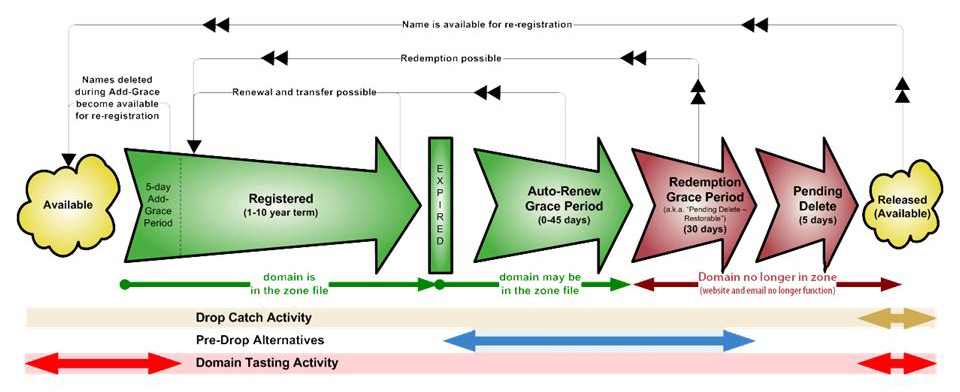- Impact
- 2,959
*
I searched the forum and could not find a thread dedicated solely to Godaddy auctions, which seem to be heating up lately.
I envision this thread as a place for discussion regarding YOUR sales and acquisitions, and general discussion about the auction venue itself, and, perhaps, some domain oddities that are popping up on the auction site, for example, high-priced domains that should be regfee.

One caveat, though: for your own good, PLEASE do not reveal your auction win (or anyone else's, for that matter) until the domain has landed in your account because the original owner still has the option to renew it, and I know how vexing that can be. In other words, don't count your chickens until they're hatched.
On the other hand, if you're having second thoughts about your auction win, by all means tell us all about it.
I suppose that if an auction win is high profile, it's already out there, but, still...
Anyway, I'll start with three comments:
Mods, I hope this thread is okay.

*
I searched the forum and could not find a thread dedicated solely to Godaddy auctions, which seem to be heating up lately.
I envision this thread as a place for discussion regarding YOUR sales and acquisitions, and general discussion about the auction venue itself, and, perhaps, some domain oddities that are popping up on the auction site, for example, high-priced domains that should be regfee.
One caveat, though: for your own good, PLEASE do not reveal your auction win (or anyone else's, for that matter) until the domain has landed in your account because the original owner still has the option to renew it, and I know how vexing that can be. In other words, don't count your chickens until they're hatched.
On the other hand, if you're having second thoughts about your auction win, by all means tell us all about it.
I suppose that if an auction win is high profile, it's already out there, but, still...
Anyway, I'll start with three comments:
1. I won my first (and maybe last) intentional typo, and it's getting clicks (no $ so far, though): Forwx.com. I could not find a live TM on this term, but one never knows. I have mixed feelings about this one.
2. I accidentally clicked on a BIN that I didn't want (I wanted the one above it), but I decided to honor the bid anyway. Grrr..., so be careful before hitting the submit button. It's not in my account yet, so I can't really reveal it right now.
3. Currently, there's a weird .co domain at over $9,000, with three bidders duking it out. Again, I don't want to reveal what it is, but if you go to the most active auctions, it's number 1 (as of this posting).
2. I accidentally clicked on a BIN that I didn't want (I wanted the one above it), but I decided to honor the bid anyway. Grrr..., so be careful before hitting the submit button. It's not in my account yet, so I can't really reveal it right now.
3. Currently, there's a weird .co domain at over $9,000, with three bidders duking it out. Again, I don't want to reveal what it is, but if you go to the most active auctions, it's number 1 (as of this posting).
Mods, I hope this thread is okay.
*








